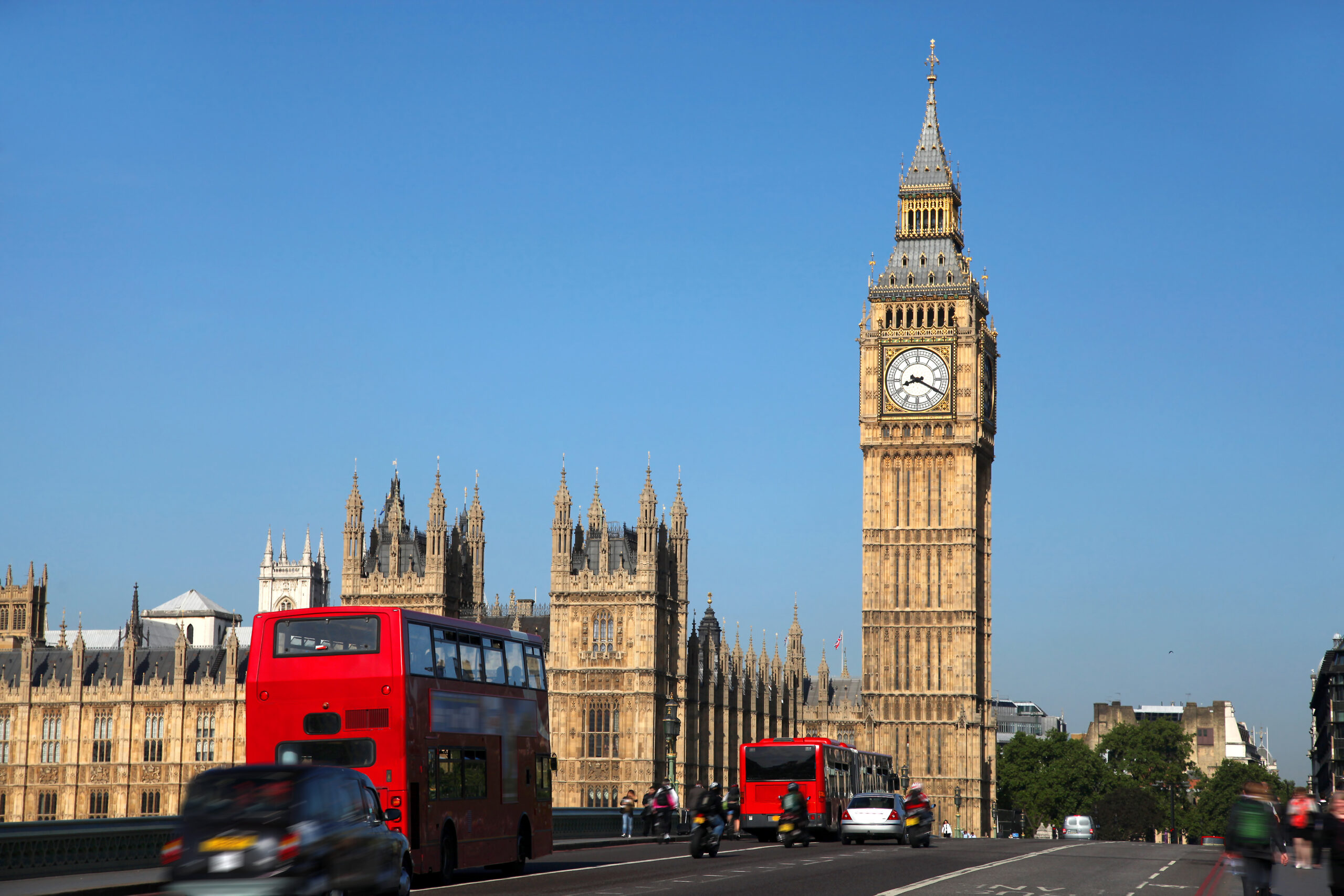The Claimant had applied for a job with the Respondent and been unsuccessful. She was an external candidate. In the course of her application the Claimant had raised matters which could have amounted to protected disclosures under whistleblowing legislation. The claim was that she had suffered a detriment on the grounds of whistleblowing. It was held that whistleblowing protection only applied to employees, former employees, workers and former workers.
The Court of Appeal dismissed the Claimant’s appeal and maintained that external job applicants did not have whistleblower protection.
The main points of the judgment were:
- the Claimant was not in a materially analogous position to either ‘workers’ or NHS job applicants (both of whom have protection against whistleblowing detriment).
- external job applicants could belong to an ‘other status’, bringing them within the remit of Article 14 of the European Convention on Human Rights (ECHR), which protects individuals from discrimination on listed grounds and also if they belong to an ‘other status’ category. Judges had been held in in Gilham v Ministry of Justice to have an ‘other status’ and had been discriminated against by not falling within whistleblowing protection. This case meant that the legislation should be interpreted to include them.
- unlike in Gilham, the difference in treatment between workers and applicants for posts with NHS employers (who both have whistleblower protection) and internal applicants for other jobs (who do not) was held to be objectively justified such that no ECHR rights had been infringed. The legislation pursued a legitimate aim. The measures adopted to achieve that legislative objective were rationally connected with it and the means used were no more than necessary to achieve that aim.
For all related matters, please contact a member from our employment team or email employment@backhouses.co.uk.
This article was written by Laura Smith.


